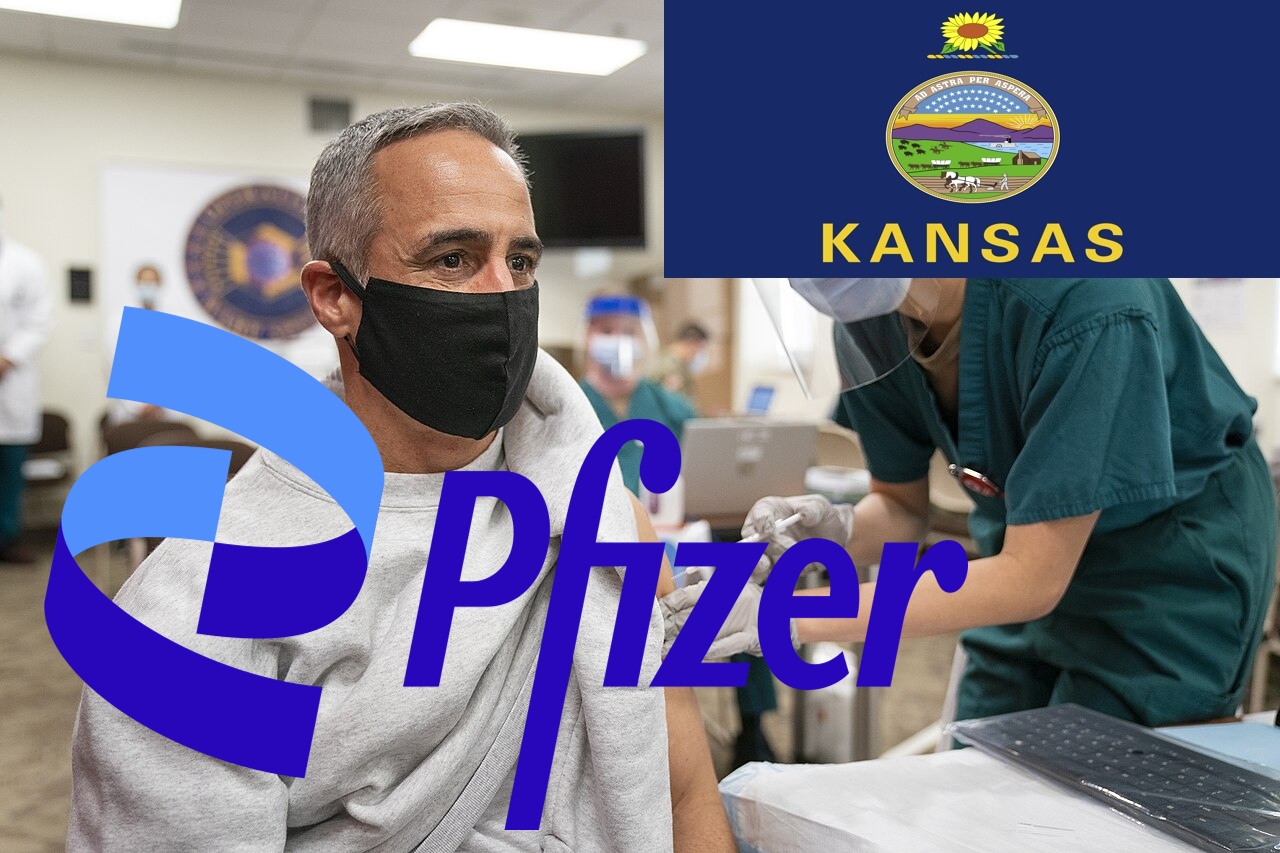Kansas has launched a legal battle against pharmaceutical giant Pfizer, Inc., accusing the company of misleading the public about the safety and efficacy of its COVID-19 vaccine. The state alleges that Pfizer promoted the vaccine as “safe” despite being aware of serious potential side effects. This lawsuit, filed in the District Court of Thomas County, asserts that Pfizer’s claims about the vaccine were false and violated consumer protection laws. Pfizer stock was down more than 2% as of publication time.
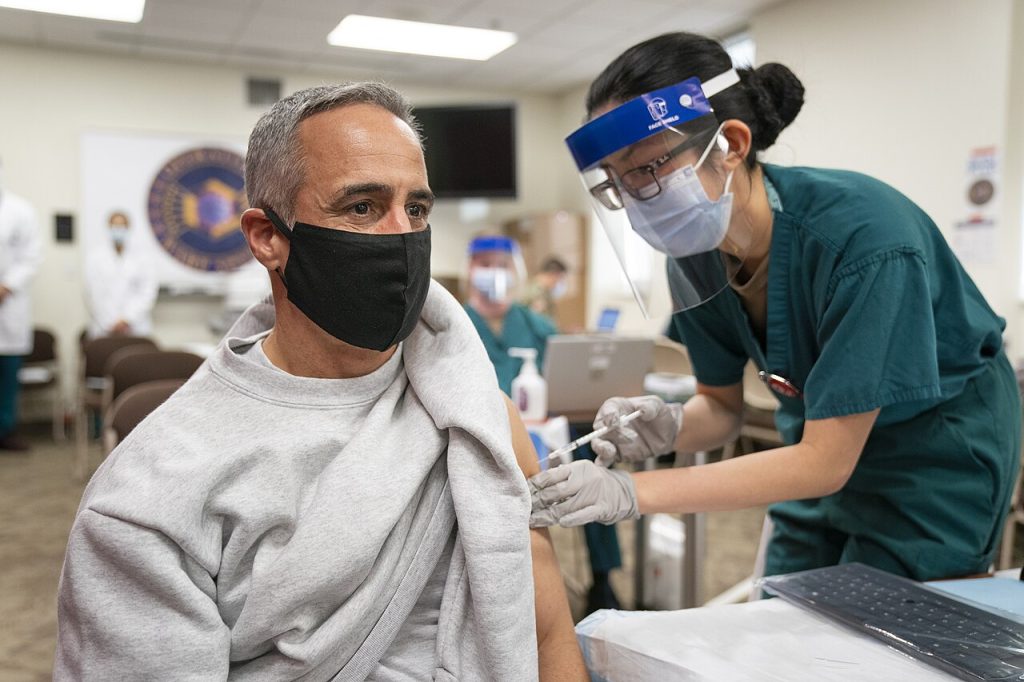
According to the 69-page complaint, Pfizer knowingly concealed information about serious adverse events linked to its vaccine, such as myocarditis, pericarditis, failed pregnancies, and even deaths. The state claims that the company misrepresented the vaccine’s safety and effectiveness to the public, hiding critical data that contradicted its marketing messages.

The lawsuit also states that Pfizer misled consumers by promoting the vaccine as effective, despite knowing that its effectiveness waned over time and that it did not protect against all COVID-19 variants. This, according to Kansas, was a violation of the Kansas Consumer Protection Act.

Attorney General Kris Kobach, who filed the suit, argues that Pfizer’s actions led to significant profits, with the company earning approximately $75 billion in two years. He insists that Pfizer should be held accountable for these alleged misrepresentations and for concealing the truth about the vaccine’s risks and limitations.

The state of Kansas claims that millions of its residents were exposed to Pfizer’s misleading statements. It cites data showing that over 3.3 million doses of the Pfizer vaccine were administered in Kansas, accounting for more than 60% of all vaccine doses in the state.
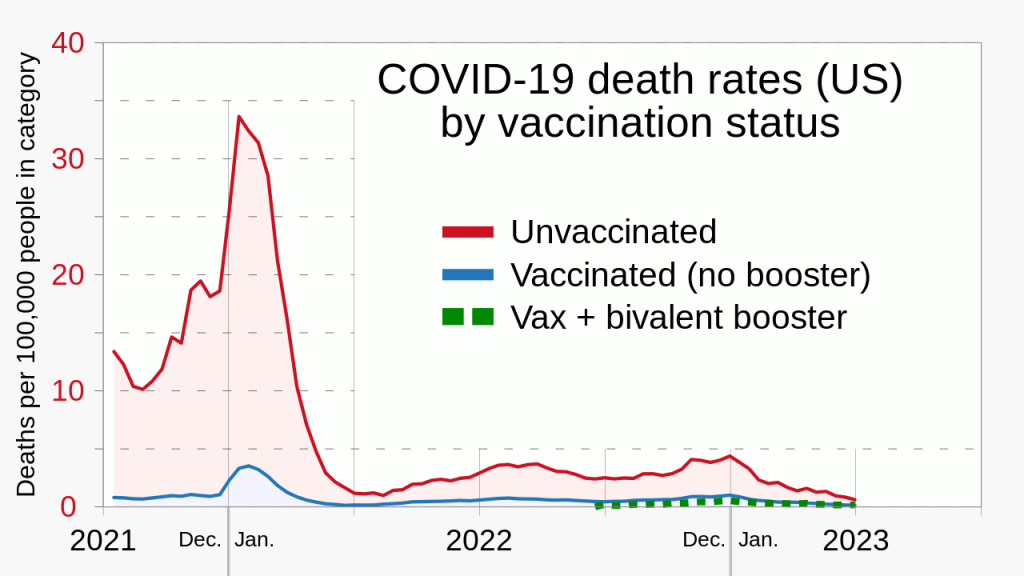
The lawsuit also accuses Pfizer of using various methods to hide critical data about the vaccine’s safety and effectiveness. These methods allegedly included confidentiality agreements and destroying the control group in its vaccine trials, which made it impossible to compare vaccinated individuals with unvaccinated ones.

Furthermore, the state claims that Pfizer’s actions conflicted with its public promises of transparency. By un-blinding the original control group and allowing them to receive the vaccine, Pfizer allegedly prevented a thorough evaluation of the vaccine’s safety and efficacy.

The lawsuit also highlights that Pfizer failed to disclose important limitations of its vaccine trials. It alleges that Pfizer did not inform the public that its trials only included healthy individuals, excluding those who were unhealthy, immunocompromised, pregnant, or breastfeeding.
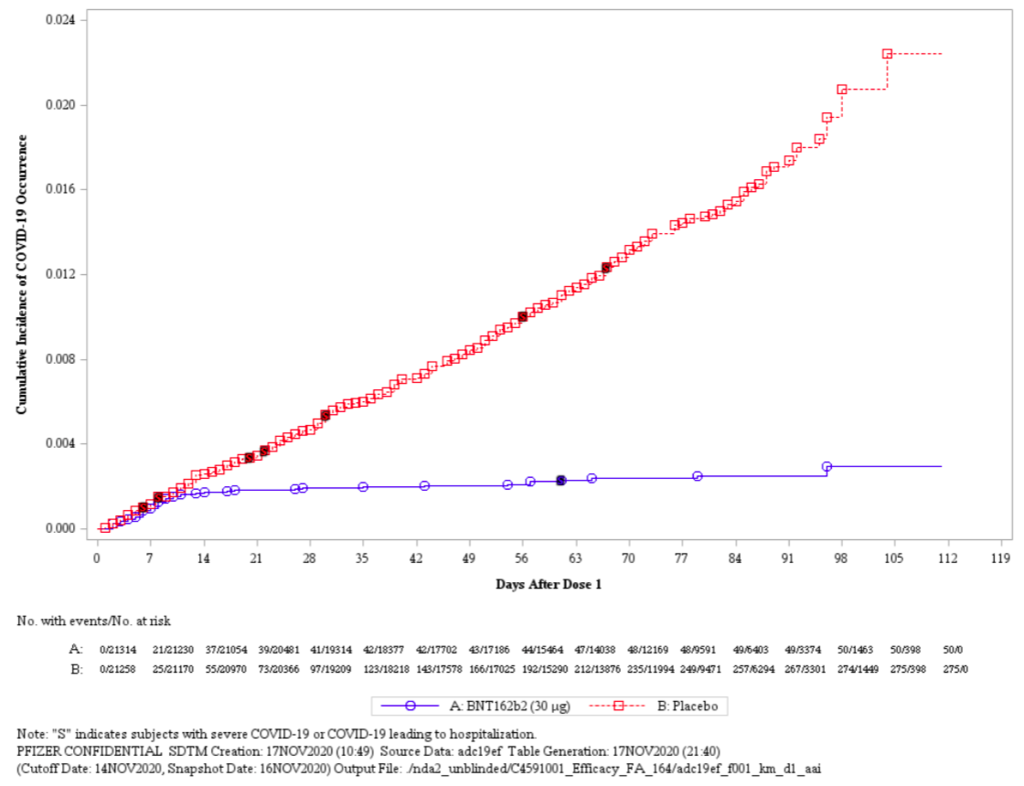
According to the lawsuit, Pfizer was aware of safety issues related to its COVID-19 vaccine but chose to keep this information private. The company allegedly maintained its own database of adverse events, which included more data than the public Vaccine Adverse Event Reporting System (VAERS).
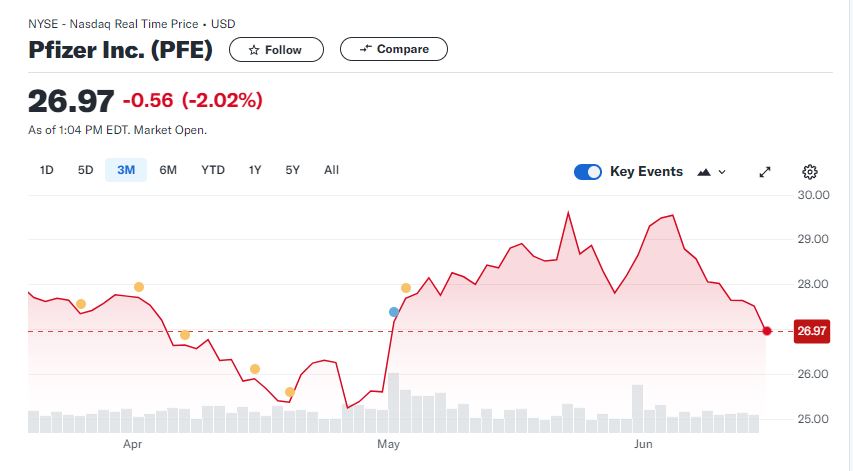
Attorney General Kobach contends that Pfizer’s database contained extensive adverse event data not available in VAERS, and that Pfizer did not release this information publicly. This alleged lack of transparency is a central issue in the lawsuit, raising questions about what Pfizer might be hiding and why.
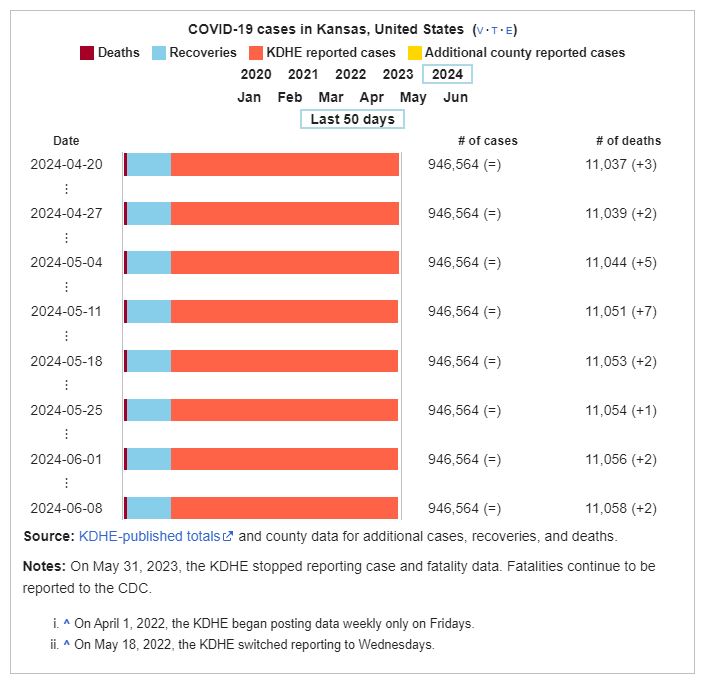
Kansas aims to hold Pfizer accountable for its alleged misrepresentations and to ensure that the public is fully informed about the risks and limitations of the COVID-19 vaccine. The state is seeking legal remedies to address these claims and to protect consumers from what it sees as deceptive practices by the pharmaceutical company.

